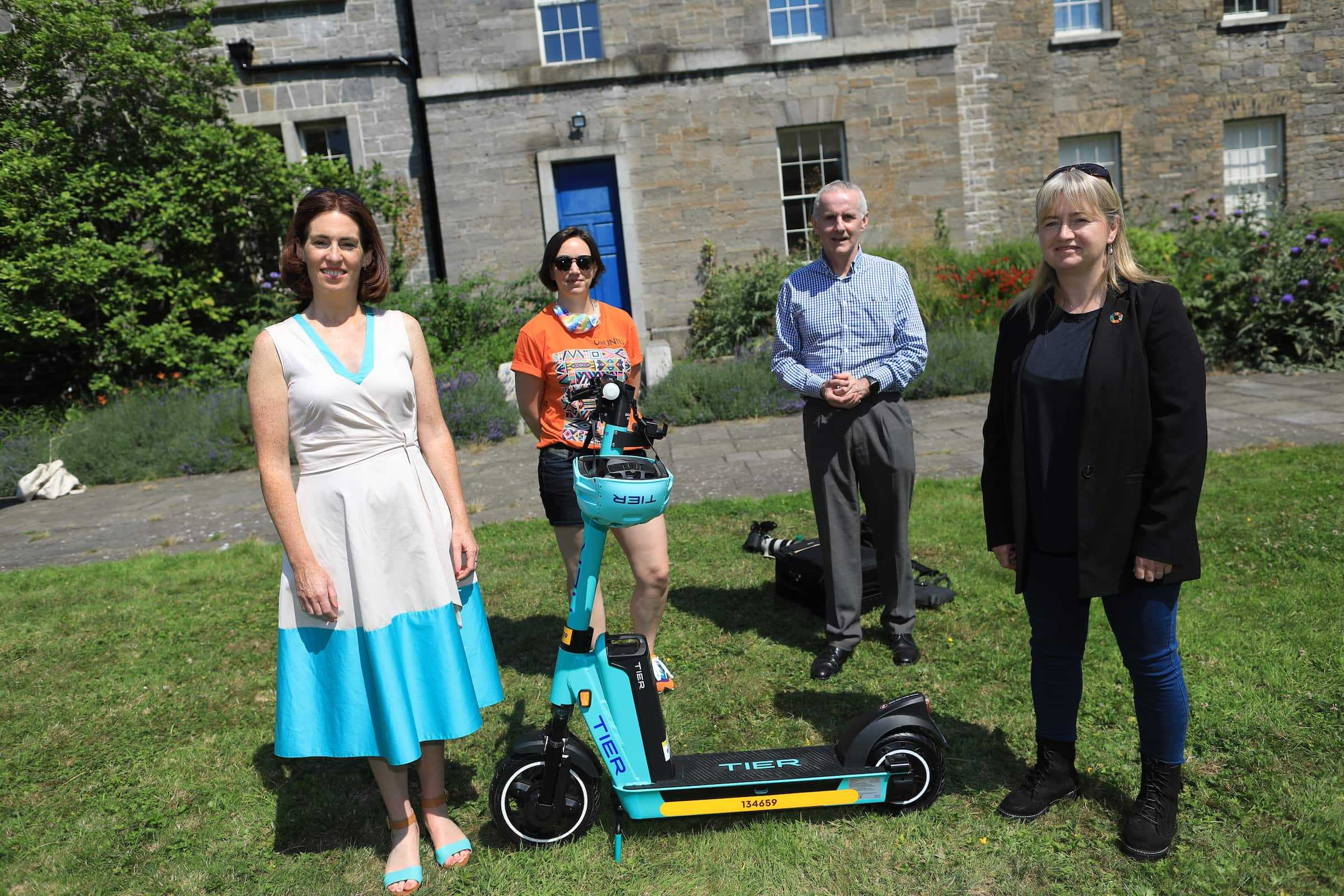Mobility
Safety
Trialling the Future of Safety, Together – the Ubuntu Way
July 22, 2021
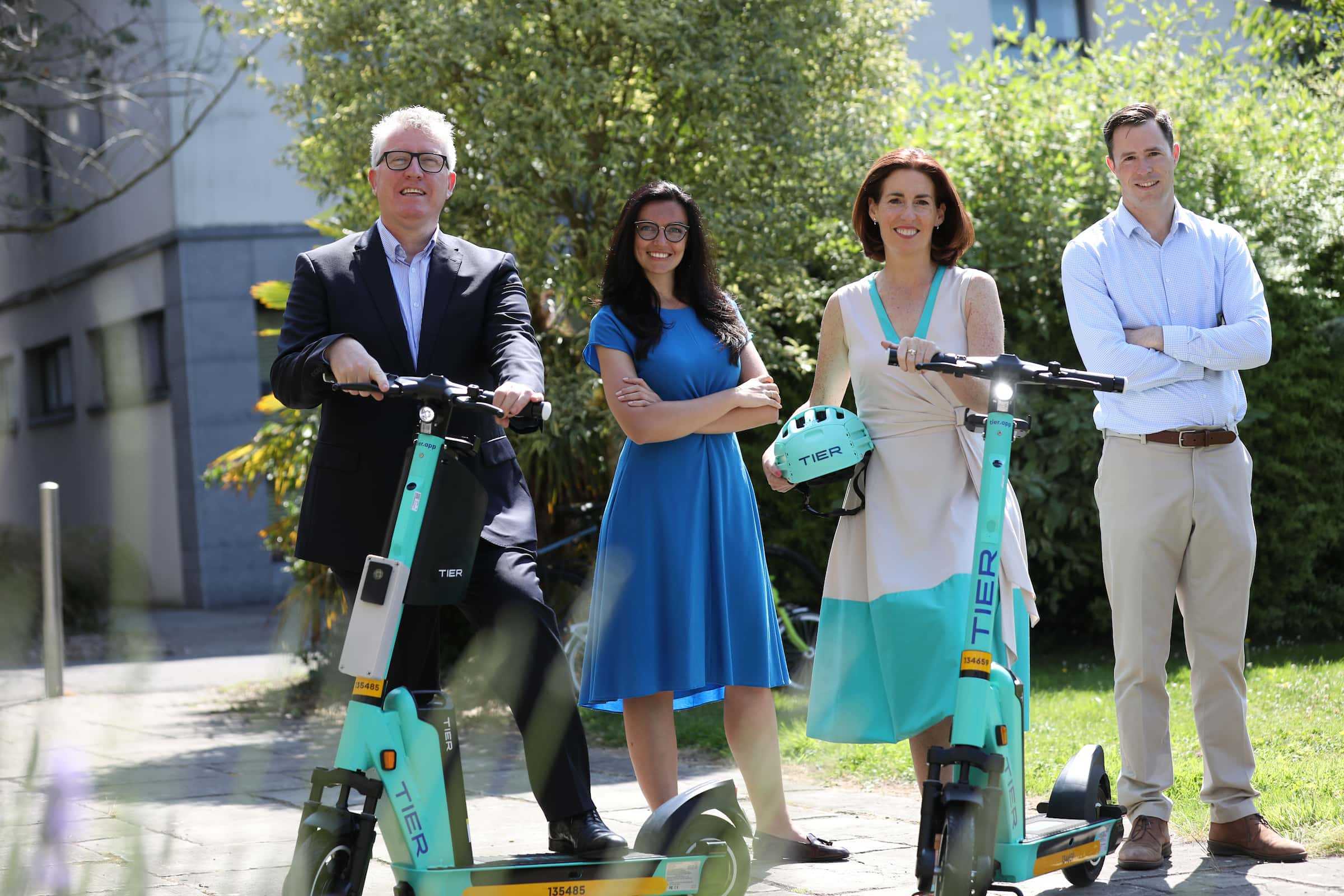
Director of Central Public Policy, Jinél Fourie, on the role of safety in the mobility industry and at TIER as well as on Ireland and its e-scooter pilot project.
The winds of change are blowing through urban mobility. In a post-Covid world, we see a rising preference amongst individuals to take independent modes of transport such as walking, cycling or riding e-scooters. However, with this positive shift in urban mobility comes a series of safety-related questions for policymakers and mobility providers to grapple with.

It is essential that new mobility modes are safely integrated into existing transport ecosystems. One of the latest European countries to tackle the challenge of safely integrating a new mobility mode is Ireland; with the country due to change national regulation in coming months to legalise Personal Powered Vehicles (PPVs) - including e-scooters.
On 20 July, TIER had the privilege of launching Ireland’s first e-scooter pilot focused on experimenting with technology to promote safe e-scooter use. The pilot is being hosted on Dublin City University (DCU) campuses, where - in collaboration with local partners Luna Systems, Insight SFI Research Centre for Data Analytics and Smart Dublin - we will be piloting innovative AI-, and camera-vision technology-based solutions designed to address some key concerns around e-scooter safety. During the launch event, we heard from Minister Hildegarde Naughton that the safe integration of PPVs is at the top of the agenda when it comes to the upcoming regulation in Ireland.
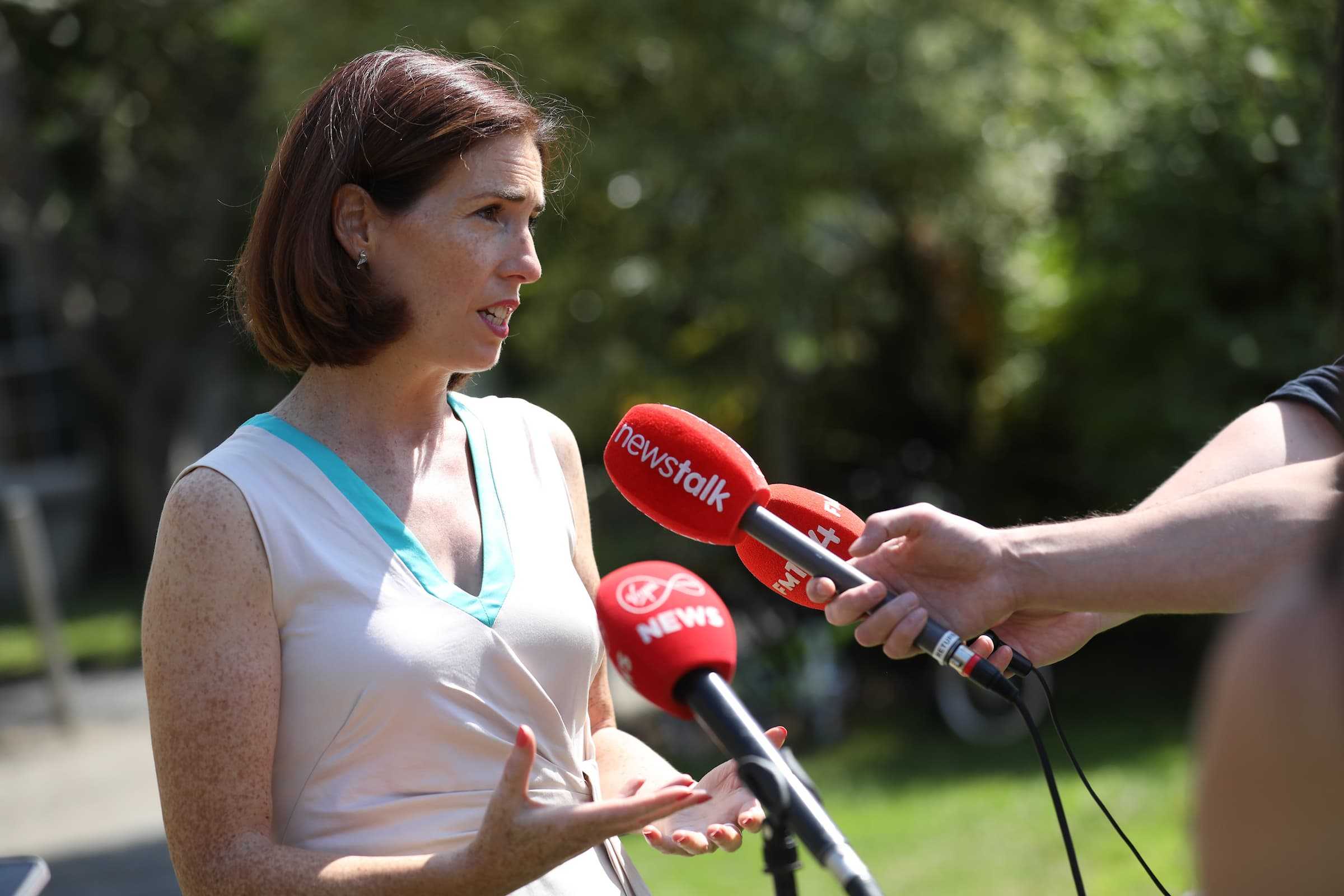
Similarly, safety is deeply-rooted in TIER’s culture and priorities. Our approach to safety is founded on three underlying philosophies. The first of these philosophies is Safety by Design. We believe that safety starts with the vehicle itself and as such, we pride ourselves in innovation and engineering excellence that delivers safety from our vehicle’s top to toe. Innovations include pioneering an integrated helmet solution and indicators, and enhanced features such as triple brakes, double kickstands, 12 inch wheels, and double suspension - all resulting in TIER leading the sector in wind-topple and stopping distance tests.
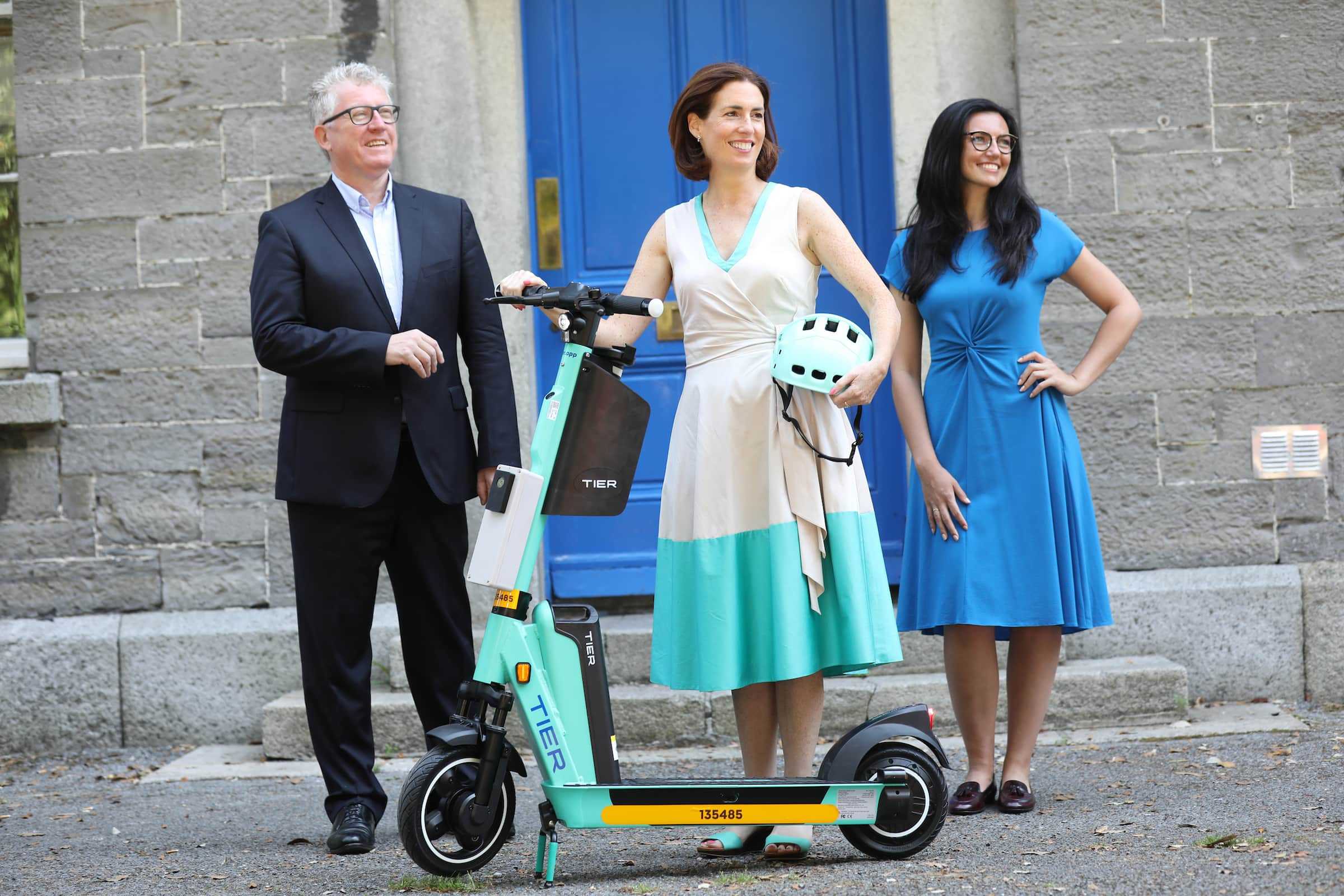
The second philosophy we stand by is that every accident is preventable. As we work towards a Vision Zero with our partner cities, it is vital that we take a 360 degree approach to delivering safety for all, across every element of our service. With a strong focus on technology and education, TIER is pioneering the likes of audio alerts on our e-scooters designed in partnership with visually impaired groups, integrating with wayfinding app for the visually impaired, Lazarillo, building our Ride Safe School, and tackling drinking and driving through industry-first partnerships with local taxi providers, to name a few.
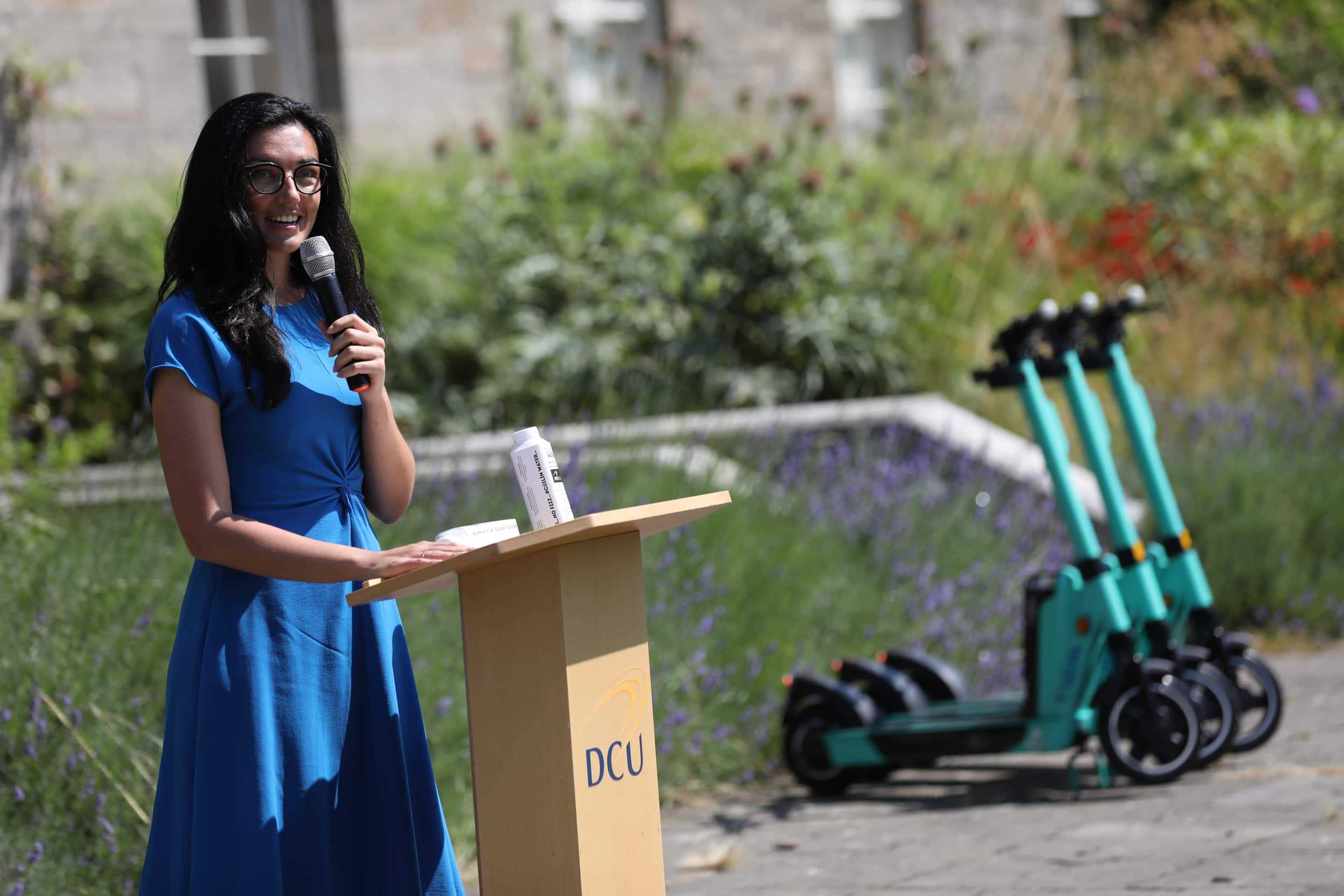
Our third philosophy is one that runs through everything we do to promote safety. During the launch of this exciting trial, I spoke of the comparison between the African philosophy of Ubuntu and TIER’s third safety philosophy: Safety as a community responsibility. Ubuntu speaks of how “I am, because we are”; of how we are all interconnected through the fabric of humanity and community. How caring for one another is vital to realising individual and collective success. Similarly to Ireland’s notion of Meitheal, which underpins the importance of unity in community. What this means to TIER is that we have an individual responsibility to care for all members of the communities we serve, and that the safety of every road user is the responsibility of the community. Each one of us is safe, if collectively, we are safe. To live by this philosophy, TIER recognises that we cannot deliver safety alone, nor do we fully understand the safety needs of the whole community. We acknowledge the importance of being held accountable by those groups in society whose safety is most impacted by new mobility forms such as e-scooters. This is why we have built the TIER Ireland Safety board, composed of members from National Council for the Blind of Ireland, Age Friendly Ireland, Walk21, The Irish Wheelchair Association, and the Disability Federation of Ireland.
Together, over the coming six months, we hope to gain rich insights into how technologies like camera vision, AI, and machine learning, can take the safety of shared e-scooters to the next level. The results of this pilot on DCU campuses - and between them, when legislation allows - will provide policymakers of all levels and mobility operators with information and learnings to take into their policy and solution design, to promote a safer mobility experience for all who live in our communities.
